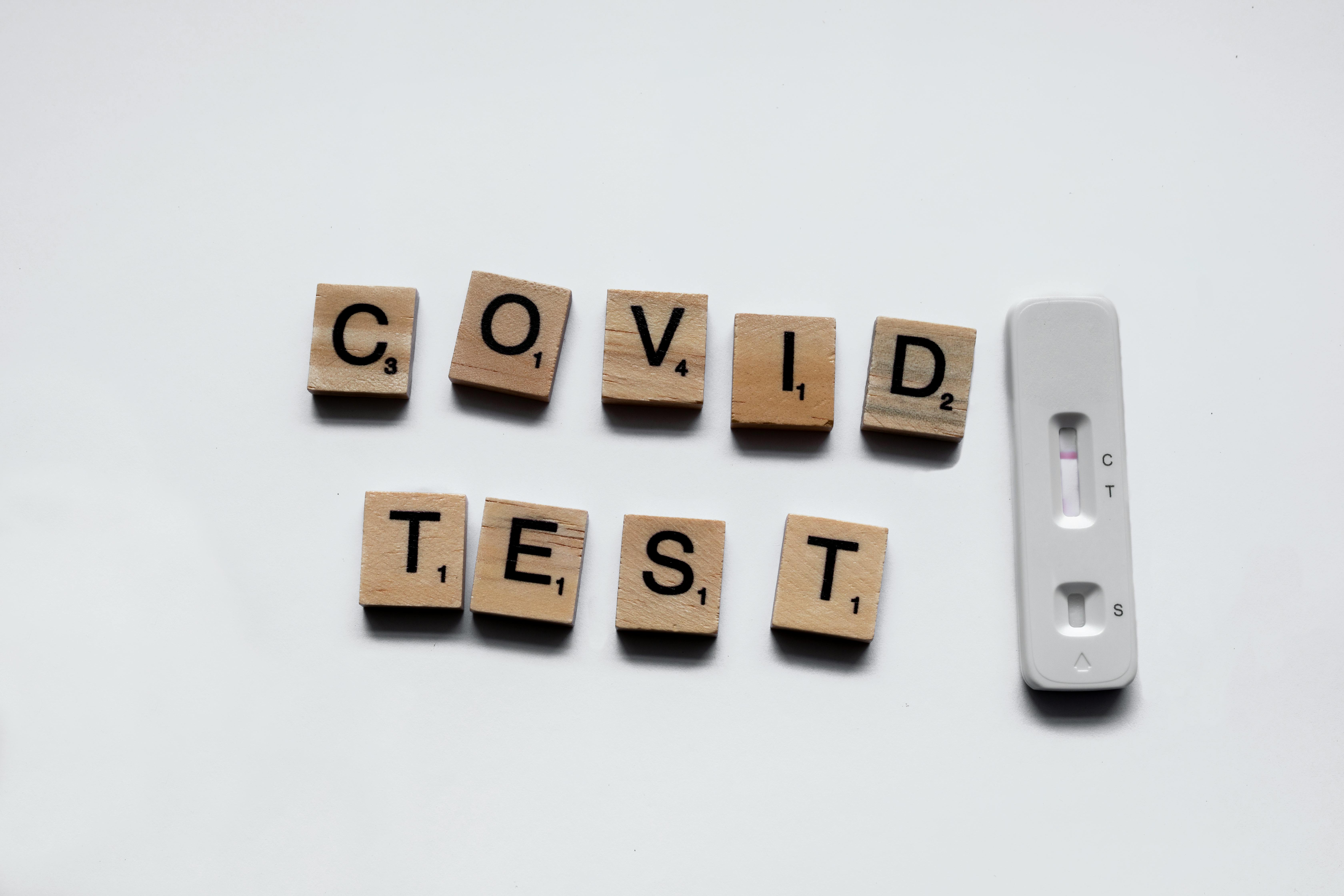
A federal judge in Virginia recently rejected Walgreen's efforts to dismiss a lawsuit filed against it by the United States government. The court's ruling is significant because it expands the circumstances under which a business may be held liable for the acts of its employees. The government's lawsuit further highlights the significant criminal and civil liabilities that arise from the submission of false prior authorizations.
The False Claims Act
In a nutshell, the FCA prohibits the submission to the government of "false claims" for payment. In the pharmacy context, for example, the Prescription Drug Event record is relied on by PBMs and government payors to determine reimbursement due the pharmacy. The submission of a PDE for a medication that was not dispensed, or that was not dispensed in the quantity claimed, violates the FCA.
In addition to prohibiting the submission of false claims, the FCA also applies to "reverse false claims." For example, if a business learns that it has submitted false claims to the government, but does not repay those claims within the time provided, that business may be held liable under the FCA irrespective that it did not know the claims were false when submitted. The law imposes an obligation to repay false claims upon knowledge of their falsity.
Whistleblower Bounties
To claim a bounty under the FCA, a whistleblower must report his or her allegations to the government through the filing of a qui tam lawsuit. Such qui tam complaints are filed under seal, and obligate the government to investigate the allegations. Because the complaint is sealed, if you or your business is named as a defendant, you might never find out about the lawsuit until years later.
Whistleblowers are incentivized to file qui tam lawsuits because the FCA provides them with a share in any recovery by the government. Depending on a number of circumstances, a whistleblower may receive an award of between 15% to 30%of the government's recovery, plus attorneys' fees. Accordingly, if you have information regarding a significant fraud on the government, you may be eligible to file a whistleblower complaint and receive an award.
Civil Investigative Demands
The government investigates whistleblower complaints under the FCA using civil investigative demands, or CIDs. CIDs are similar to subpoenas because they compel the recipient to produce evidence to the government. Just like a subpoena, noncompliance with a CID may result in monetary and other potentially severe penalties.
CIDs may require the production of documents or oral testimony, referred to as an examination, under oath. Importantly, although CIDs are used to gather evidence for civil lawsuits, nothing prevents government investigators from sharing that evidence with criminal prosecutors. Accordingly, CIDs should be taken very seriously and the process managed closely by counsel.
Liability Involving False Prior Authorizations
As noted, conduct that violates the FCA may also violate criminal laws. In the Walgreens case, a staff pharmacist named Amber Reilly was criminally prosecuted and sentenced to 16 months in jail for falsifying prior authorizations, medical lab reports, and drug test results for hepatitis C patients who had been prescribed high-cost drugs such as Harvoni and Sovaldi.
In the government's subsequent case against Walgreens under the FCA, the court ruled that Walgreens could be held liable based on false claims submitted by Reilly. First, the court's ruling was notable because it held that Walgreens could be held liable for criminal acts committed by an employee. The court's ruling departed from the generally recognized principle that employers are not liable for an employee's unforeseen criminal acts.
Second, the court held that Walgreens could be held liable under a "reverse false claims" theory. Specifically, despite Reilly's conviction for falsifying claims, Walgreens never returned to the government the overpayments it had received.
Successful Resolution of False Prior Authorization Cases
We have handled numerous investigations by federal and state government agencies involving the submission of false prior authorizations, including a high profile settlement with the U.S. Attorney's Office for the District of Massachusetts involving a Florida specialty pharmacy and Evzio, a high-priced drug used in rapid reversal of opioid overdoses, which you can read more about HERE. In conclusion, allegations involving false prior authorizations can lead to criminal and civil exposure under a variety of theories if not managed competently.
MORE ARTICLES BY CATEGORY
What Wells Pharma v. Zyla Life Sciences Means for Compounding Pharmacies and Outsourcing Facilities
A pending Supreme Court case could reshape how compounding pharmacies face litigation under state unfair competition laws tied to FDA approval standards.
Read More >>Health Law Alliance Welcomes Compounding Expert Pharmacist-Attorney Dr. Martha Rumore as Of Counsel
Health Law Alliance adds powerhouse Pharmacist/Attorney Dr. Martha Rumore to their team of boutique healthcare attorneys.
Read More >>Why Even Minor Documentation Errors Can Be Costly for Pharmacies Facing a PBM Audit
PBMs are using rigid documentation standards to recoup payments and pressure pharmacies. Minor clerical errors can now threaten reimbursement and network participation.
Read More >>The Hidden PBM Threat Putting Pharmacies at Risk: Affiliation-Based Network Terminations
PBMs are quietly expanding their power, terminating pharmacies based on affiliation rather than wrongdoing and putting entire businesses at risk overnight.
Read More >>






